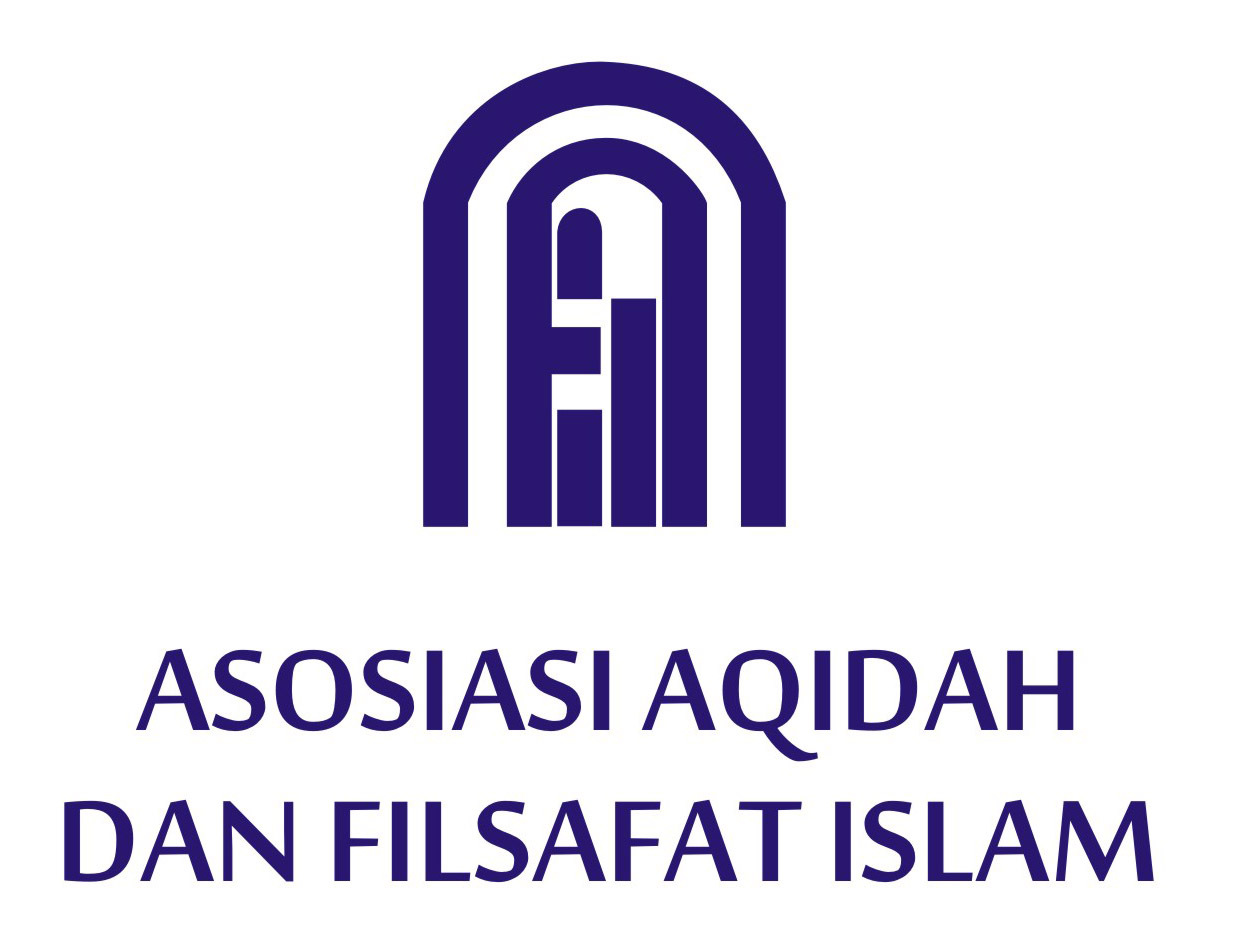Epistemology of Reconstruction of Prophetic Thinking Methodology In The View of Musa Asy'arie
Abstract
Keywords
Full Text:
PDFReferences
Abdullah, M. Amin. Islamic Studies di Perguruan Tinggi. Yogyakarta: Pustaka Pelajar, 2006.
Al-Jabirī, Muhammad Abid. Taqwīn al-Aql al-‘Arabī. Beirut: Markaz Dirāsat al-Wuhdah al-‘Arabiyah, 1989.
Al-Raghib, Al-Ashfahani. Mu’jam Mufrodat Alfādz al-Qur’ān. Libanon: Dār al-Kutub al-Ilmiyah, 2008.
Al-Ṣabuni, Muhammad Ali. Ṣafwatu al-Tafāsir. Vol. Juz-1. Kairo: Dār al-Hadis, 2001.
Al-Ṭabarī, Ibn Jarīr. Jamī’ al-Bayān ‘an Ta’wīlatil Qur’ān. Kairo: Dār al Ibn Jauzī, 2008.
Asy’arie, Musa. Dialektika Islam: Etos Kerja dan Kemiskinan. Yogyakarta: LESFI, 2016.
Asy’arie, Musa. Filsafat Ilmu: Integrasi dan Transendensi. Yogyakarta: LESFI, 2016.
Asy’arie, Musa. Filsafat Islam, Sunnah Nabi Dalam Berpikir. Yogyakarta: LESFI, 2002.
Asy’arie, Musa. Islam Keseimbangan Rasionalitas, Moralitas, dan Spiritualitas. Yogyakarta: LESFI, 2005.
Asy’arie, Musa. Rekonstruksi Metodologi Berpikir Profetik. Yogyakarta: LESFI, 2016.
Bagir, Zainal Abidin, ed. Integrasi Ilmu dan Agama. Bandung: Mizan, 2005.
Makin, Al. Mazhab Kebebasan Berpikir dan Komitmen Kemanusiaan. Yogyakarta: LESFI, 2011.
Shihab, M. Quraish. Membumikan Al-Quran. Bandung: Mizan, 1997.
———. Tafsir Al-Mishbah. Vol. 15. Jakarta: Lentera Hati, 2002.
———. Tafsir Al-Mishbah. Vol. Vol. 2. Jakarta: Lentera Hati, 2002.
DOI: http://dx.doi.org/10.24042/klm.v13i1.3978
Refbacks
- There are currently no refbacks.
Copyright (c) 2019 KALAM
License URL: https://creativecommons.org/licenses/by-sa/4.0/
KALAM [ISSN: 0853-9510, e-ISSN: 2540-7759] published by Faculty of Ushuluddin and Religious Study, Universitas Islam Negeri Raden Intan Lampung in collaboration with Asosiasi Aqidah dan Filsafat Islam (Islamic Theology and Philosophy Association)
Office: Faculty of Ushuluddin and Religious Study, Universitas Islam Negeri Raden Intan Lampung. Letkol H. Endro Suratmin Street, Sukarame, Bandar Lampung, Lampung, Indonesia, Postal code 34513. Website: http://ejournal.radenintan.ac.id/index.php/kalam, Email: kalam@radenintan.ac.id.
 This journal is licensed under a Creative Commons Attribution-ShareAlike 4.0 International License.
This journal is licensed under a Creative Commons Attribution-ShareAlike 4.0 International License.


